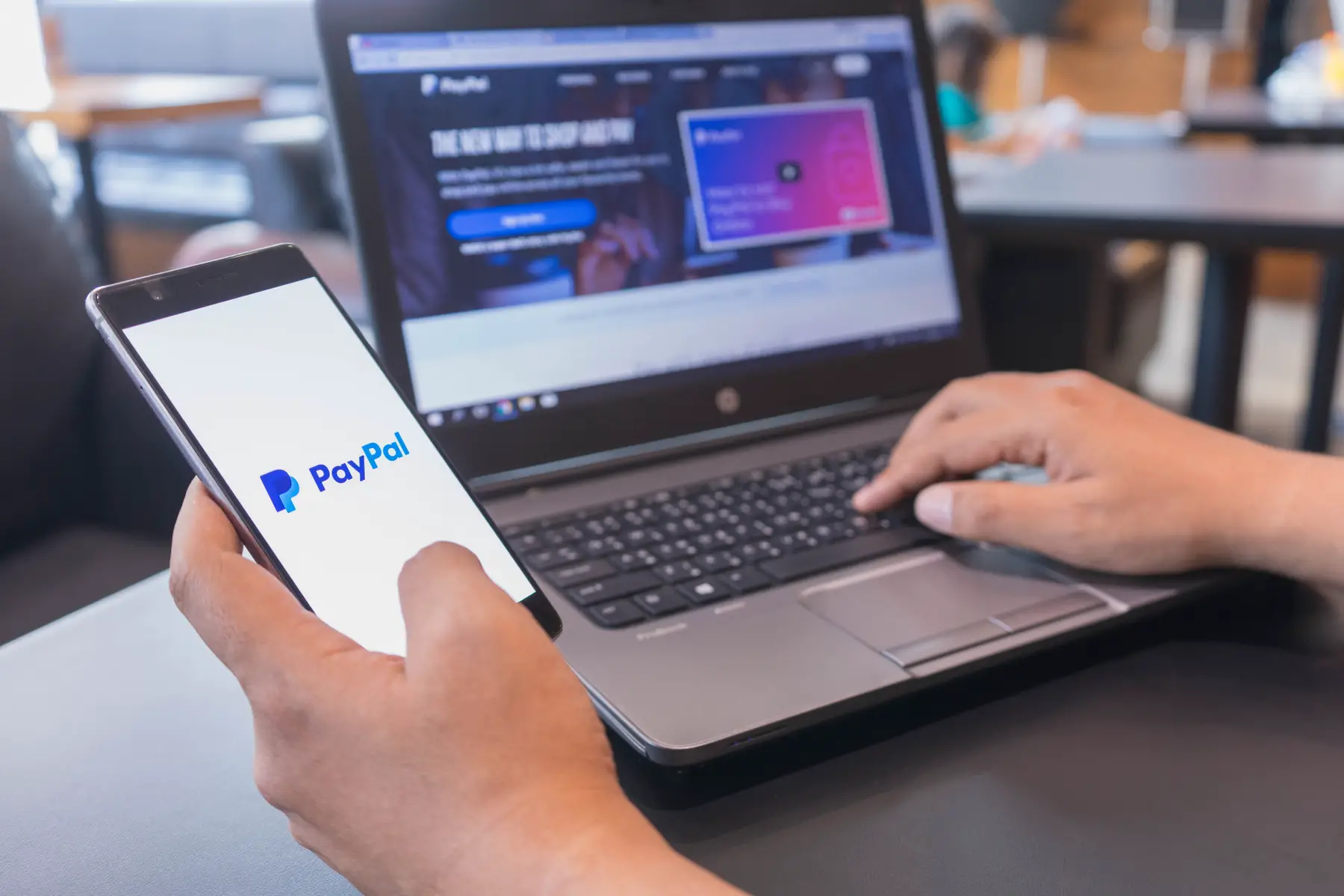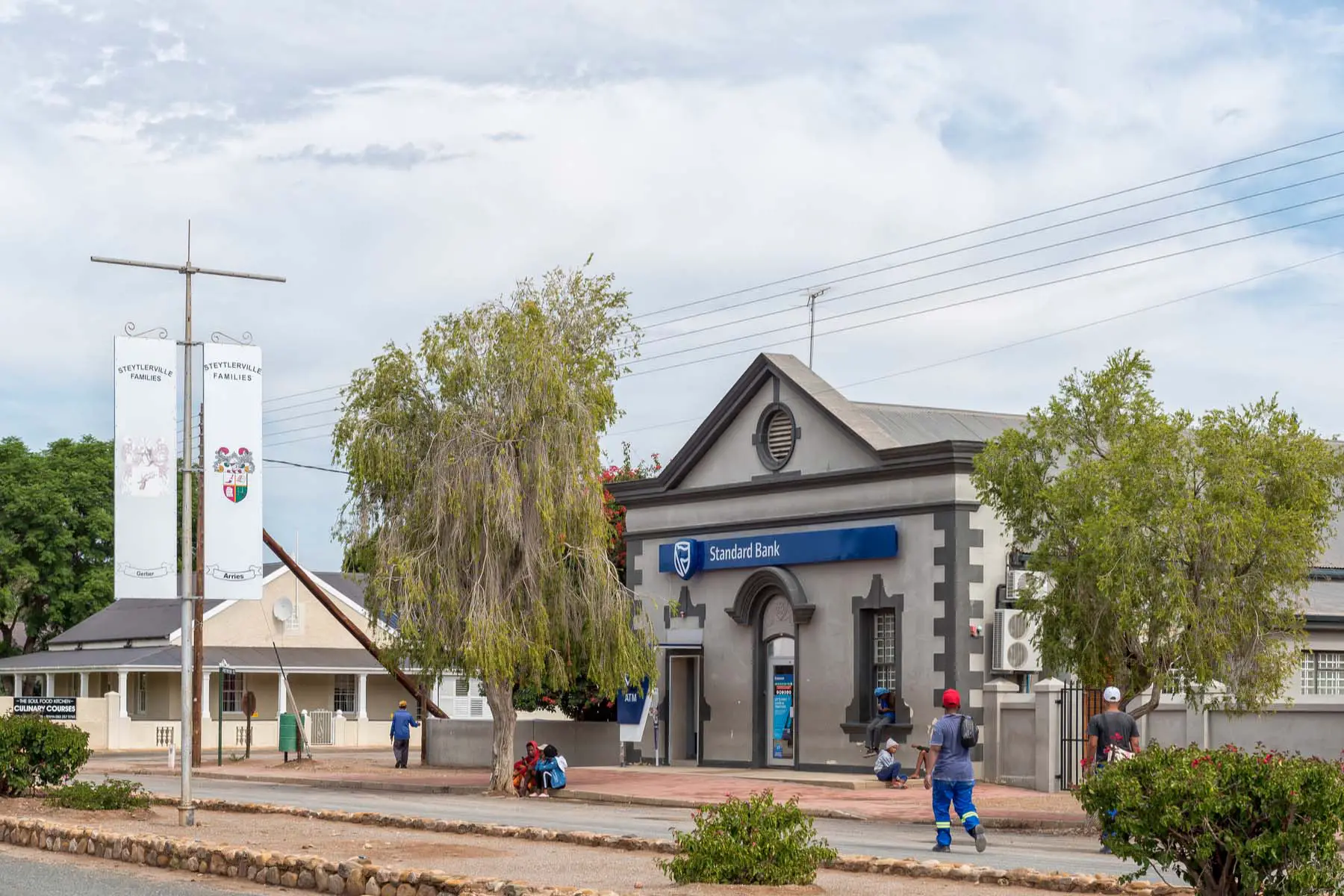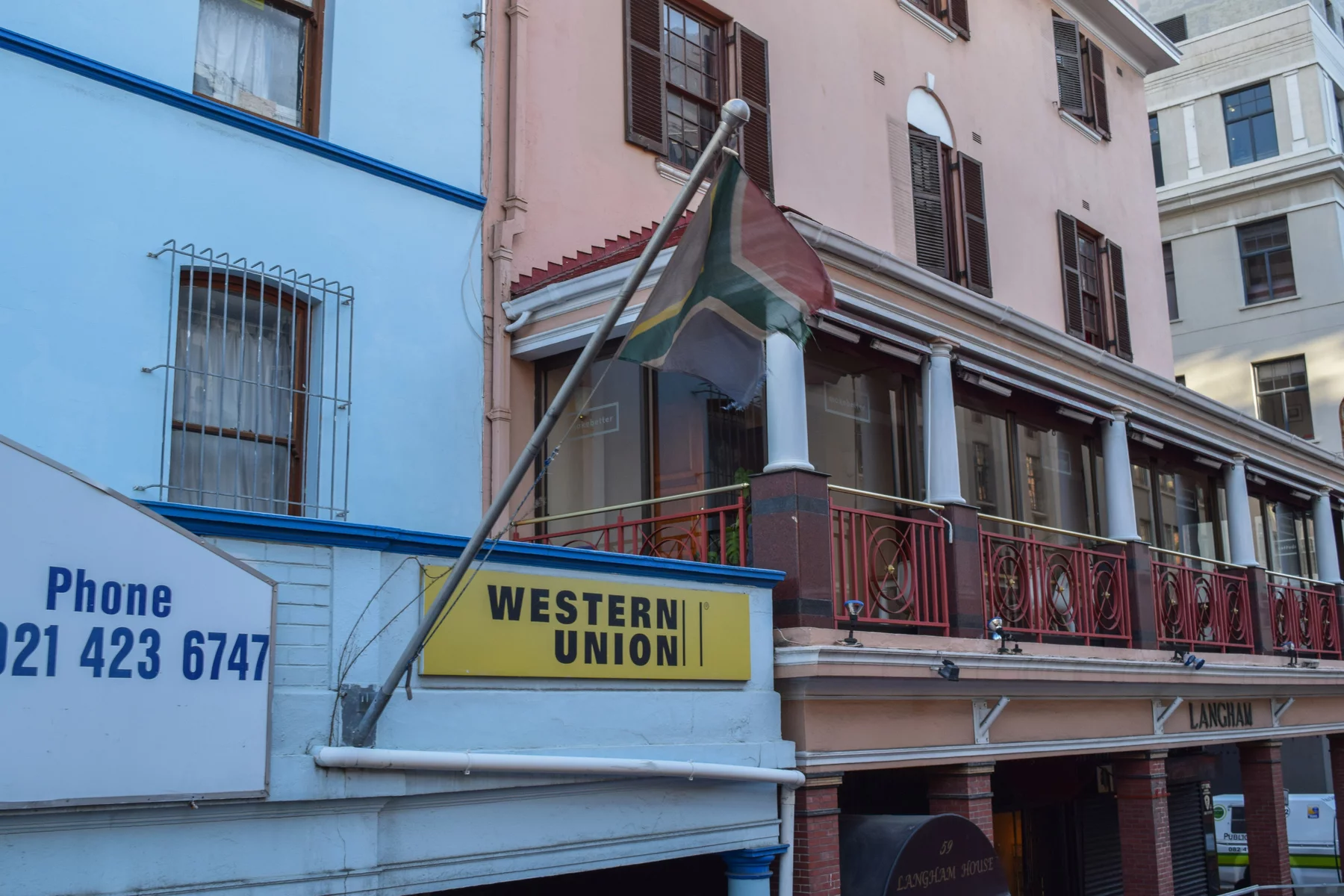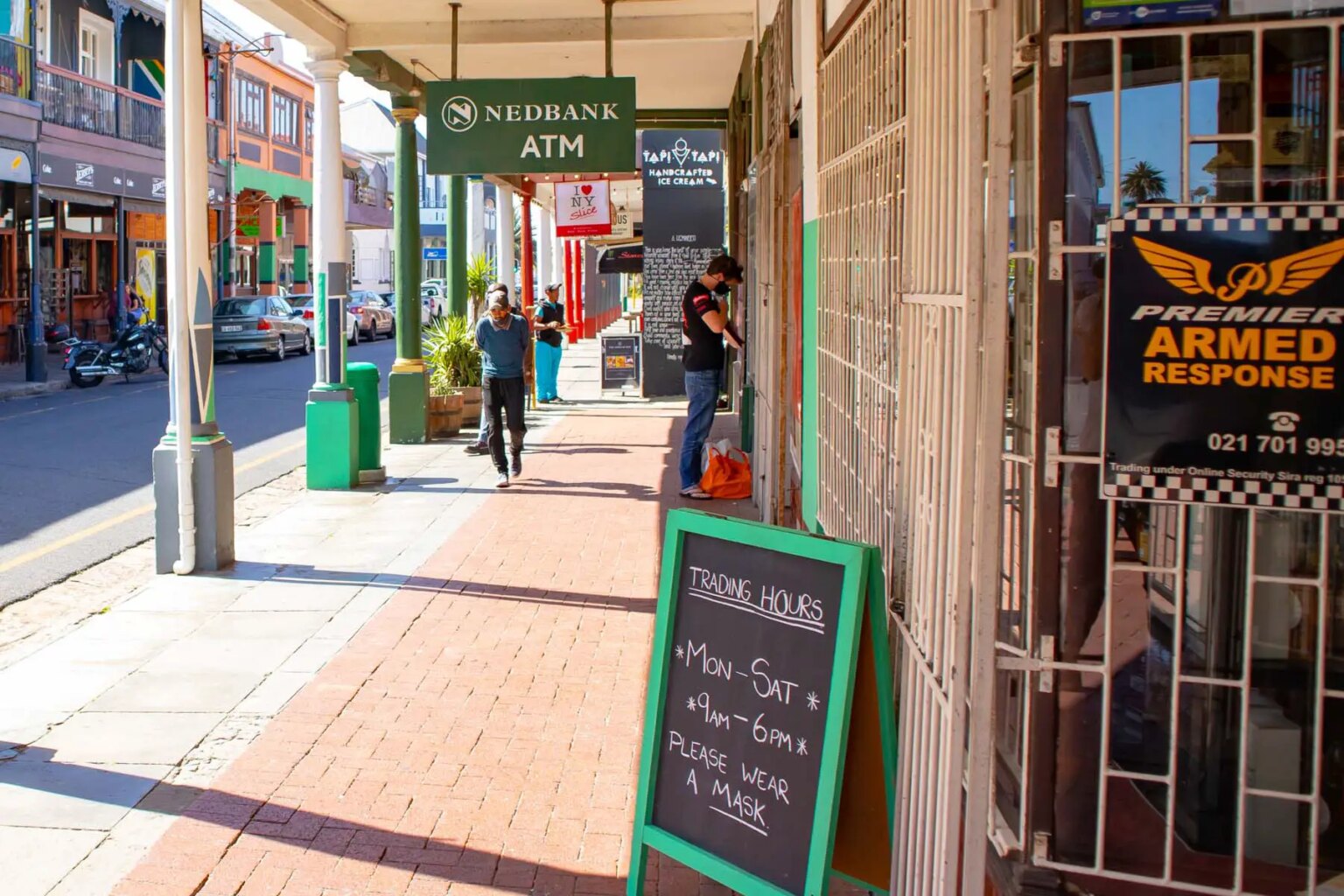The South African banking scene is growing rapidly and may seem daunting to expats who have recently arrived in this beautiful country. However, if you’re setting up life in South Africa, it’s important you understand your options when it comes to moving your money in and out of the country.
To help you get more from money in South Africa, this guide will unpack your options, including:
- International money transfers in South Africa
- Online international money transfer services in South Africa
- International money transfers in South Africa by traditional bank
- International money transfers via online and mobile banking in South Africa
- Wire transfers in South Africa
- Foreign exchange brokers in South Africa
Wise
Want a quick and easy way to save money while sending funds to South Africa? Then sign up with Wise today. Their simple-to-use online money transfer platform can help you better manage your relocation – while saving money on transfer fees from traditional banks. Explore money transfers, multicurrency accounts, and more with Wise.
International money transfers in South Africa
There are a variety of ways you can send money to and from South Africa. This includes traditional bank transfers, money transfer services, and, of course, mobile banking. It is the job of the South African Reserve Bank (SARB) to monitor all of these entities and keep an eye out for fraudulent activity.

South Africa is a member state of the Common Monetary Area (CMA), along with Namibia, Lesotho, and Eswatini. This allows other member states to use rands interchangeably with their own local currencies. However, only rands will be accepted in South Africa. The exchange rate between rands and other CMA member currencies is fixed at 1 to 1, meaning exchange rate fees can be skipped when transferring between these countries. However, service fees for transactions still apply.
In other words, regardless of which country you’re sending money to from South Africa, or receiving money from in South Africa, exchange rates and fees are going to play a role.
Online international money transfer services in South Africa
Online money transfers don’t go through banks, nor do they use the SWIFT system as with traditional banks. Instead, they go through money transfer services that send funds between account holders through their own communication systems. Generally speaking, this means faster international transactions for users. Indeed, typically money arrives between 1–2 days or even instantaneously in some cases.
When compared to traditional banking, online money transfer platforms are usually a cheaper way of sending money to and from South Africa. This is because they tend to offer lower exchange rate margins and lower transaction fees.

There are a number of internationally renowned money transfer services operating in South Africa. However, which one is the best choice for you will largely depend on your circumstances to do your research before choosing. For example, CurrencyFair only supports 17 currencies at the moment and while users in South Africa can open accounts, this is not possible in many other African countries.
Unfortunately, you can’t currently send money abroad from South Africa using Wise (formerly TransferWise). However, someone abroad can send rands to your South African bank account using Wise, since it is a money transfer platform that does not require the recipient to have an account.
How to make an online international money transfer in South Africa
Making and receiving payments is quite simple. You need to create an account with the service provider – a digital wallet, if you will – and link it to your bank account. There are no monthly fees for having an account with a money transfer service provider. You can then top up this digital wallet to send funds to another account holder.
When you receive money via a money transfer service you can transfer it to your regular bank account, at which point the bank will convert the foreign currency into rands. Banks charge a conversion fee of about 2% for this. The same fee applies for transferring rands out of your South African bank account and into your money transfer service account.
International money transfers in South Africa by traditional bank
Traditional banks in South Africa use the SWIFT (Society for Worldwide Interbank Financial Telecommunication) method to send money to other banks abroad. South African banks convert your rands to foreign currencies according to the current exchange rate.
International transfers sent via traditional banks are considered highly secure because there are no third parties involved. However, it’s typically not the cheapest way to send money internationally in South Africa.
Costs of international bank transfers in South Africa
Banks in South Africa charge a commission fee for every international transaction sent out of the country. This will typically be around 0.5-6.5% (minimum R120-300) depending on the country you are sending to. In addition, a 1.2-5% exchange rate margin will be added, depending on the foreign currency. Finally, a flat fee of about R100-200 will be added to the bill. This means a whopping 10-25% of the amount you transfer will be eaten up by fees.
Be aware, too, that commission fees increase further if you are sending money to an African bank account that’s part of the Ecobank network. For your recipient to receive the money in their local currency, a 4.5% commission will be charged to you. Should they need to receive the amount in

Receiving money into the country will come with a transfer fee of about 0.55% and potentially also a flat fee of around R185.
As with any international transfer, you may also lose money in the actual conversion to stronger currencies, before any of the above fees come into play. Therefore, it’s a good idea to check the latest exchange rates on a platform like XE or X-Rates. As a rough guide, exchange rates as of November 2021 were as follows:
- USD$1 = R15.17
- EUR€1 = R17.49
- GBP£1 = R20.43
- AUD$ = R11.21
- CAD$ = R12.17
- SGD$ = R11.22
However, be sure to check the latest exchange rates to know what to expect from your money.
How long do international bank transfers in South Africa take?
International bank transfers take between one and three business days to be processed. If you are receiving money from abroad you will need to verify the purpose of the money for security reasons. Once you have confirmed the purpose, the bank exchanges the money into rands (according to the exchange rate at that time) and deposits it into your account.
Transferring popular global currencies like the Euro or US dollar is usually faster than less common currencies. Be aware that processing larger sums of money may also take longer.
How to make an international money transfer through a South African bank
First of all, you’ll need to open a South African bank account either online or by visiting a branch in person. Those with residence visas can open an account in South Africa with the following information:
- Passport/birth certificate
- Work or study permit
- Proof of address (such as a utility bill)
- Three months of bank statements
Once you’ve got your account set up, you’re ready to make and receive international transfers. To send money from your South African bank account to an individual abroad, you will need the following information about the recipient:
- Full name
- Physical address
- Account number
- IBAN number
- SWIFT code
For some countries, you may also need their SORT or routing code, and a reason for the payment via a BoP code. You also need to show supporting documentation, like an invoice or bill of lading.

International transfers can be made in person at your nearest bank branch or digitally. You can choose to pre-book the exchange rate or use the exchange rate at the time of the payment.
To make an international transfer at the bank, take the above-mentioned information with you and your ID or passport. You’ll be asked to fill out a form, show the necessary paperwork, and the bank will take it from there.
To make a digital or mobile international transfer, see the section below.
How to receive an international money transfer in South Africa by bank
To receive an international transfer at a bank, you will need to provide your IBAN (account) number and state why the money is being sent to you. Be sure to take your ID along too.
Alternatively, you can receive the money online or via your bank’s mobile app.
International money transfers via online and mobile banking in South Africa
Most of the major traditional banks in South Africa have online and mobile banking services that allow you to make international payments from the comfort of your home. South African banks offering international money transfers on their banking app include:
South African digital banks currently do not yet provide international transfer features. This is due to this form of banking being still quite new to the country.
Making international transfers via the banking apps will cost you the same as the fees mentioned above, including commission, flat, and exchange rate margin fees. Processing takes 2-3 business days.
To send money abroad from your South African banking app:
- Login to your bank’s mobile app (and link your existing bank account to the app if you have not already done so).
- Select the Forex or international payments option.
- Add the beneficiary’s personal information and banking details, and how much you want to send them.
- Select a reason (BoP code) for your payment.
- Follow the prompts to complete the payment.
To receive an international transfer into your South African bank account, find the Forex section in your app and click on the pending transaction. Provide a reason (BoP code) for the transaction and follow the prompts to complete the payment.
Mobile banking apps have layers of strong security. When a bank suspects money laundering they will notify you immediately. Any transactions made from your online account will require your approval to go forward. In addition, logging into the banking app requires a combination of passwords, pin codes, and biometric data.
Wire transfers in South Africa
Wire transfer companies are another way to send money to and from South Africa. These non-bank providers make use of the SWIFT system to send money to banks or other service providers. Wire transfer providers operating in South Africa include:
Transfer costs can be high, ranging from R50–14,500 or more. Third-party charges like account over-limit and cash-out fees may also apply. However, despite these fees, you typically get a fast service in which the money often arrives within minutes.

To send money overseas, find your nearest agent location and take the following documents with you:
- ID/Passport
- Proof of residence (no older than three months) e.g., utility bill
- Proof of income e.g., pay slip
- Recipient’s full name and country
You can also send money online by creating an account on their website. Select the country you are sending to and the amount in your local currency. Choose whether the recipient receives the money as cash or in their bank account, and select your payment method. Fill in the details of the recipient and confirm with your password or pin code. Easy!
To receive money via wire transfer services like Western Union, provide the sender with your preferred type of payment and your bank details. You’ll receive a tracking number to trace the funds. If the money is sent directly to your bank account, you don’t need to do much to receive the funds. For cash pickup, find your nearest agent location and take your ID and tracking number.
Legitimate service providers will require each person involved in the wire transfer to prove their identity and link their profiles to bank accounts, making them safe and secure. The South African Reserve Bank also monitors all international payments using wire transfers and flags anything that looks suspicious.
Foreign exchange brokers in South Africa
A foreign exchange broker, or forex broker for short, is a service company that sells foreign currencies. They are increasingly offering international transfer services whereby you send money to the broker, who exchanges it and sends it to the recipient.
Foreign exchange brokers for international payments:
Depending on the forex company and the amount you are sending, there may be zero transfer fees. The money you send will arrive in the recipient’s account in 2–3 business days. Some of the perks of using foreign exchange brokers to send your money are personalized advice, better exchange rates, choice over exchange rates, and 24-hour service.
Note that money laundering regulations apply to all foreign exchange brokers.




